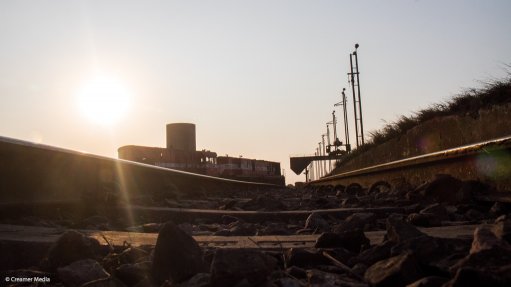
ENABLING GROWTH While Mozambique's mining sector continues to face the challenge of access to infrastructure there has been a surge in development projects aimed at improving the situation
Photo by: Duane Daws
The private and public sectors in Mozambique have shown a commitment to developing the infrastructure necessary for sustainable mining activity in the country, says strategy and communications consulting firm CV&A Mozambique partner José Pedro Luís.
He tells Mining Weekly that, although the country’s mining sector continues to face the challenges of access to transport infrastructure, energy and water sources, as well as skilled labour, there has been a surge in the number of infrastructure development projects to improve the situation, driven either by partnerships between government and the private sector or by the private sector.
“Generally, government has been active in creating an environment that enables growth in the mining industry,” says Luís.
Further, government has been putting measures in place to ensure that locals are provided with employment opportunities. Luís adds that government has also been working on ensuring that the subsequent challenges resulting from declining global commodity prices do not lead to a loss of existing jobs for locals.
He says that government recently success- fully negotiated the retention of the jobs of about 200 Mozambique employees, with a mining company proposing the lay-offs as a cost-cutting measure.
However, Luís also highlights that, owing to the lack of local skills and experience in the mining industry, companies sometimes opt for more experienced foreign employees to achieve faster production.
Further, Mozambique also has tax and royalty legislation to ensure that the country benefits from mining activities.
“Many of the mining companies are the biggest taxpayers in the province where they operate; for instance, Cabo Delgado province’s biggest source of tax revenue is Montepuez Ruby Mining, which is 75%-owned by the British company Gemfields,” he explains.
Luís cautions that, as most of the mining projects in Mozambique are at the early stages of development, their potential impact on the economy can only be properly assessed over time.
He concludes that government has to work on managing the expectations of Mozambicans in terms of the mining industry, the ongoing projects’ short-term and long-term impact on the economy, job creation and bettering their lives.